Dynamic Brain Exercises for the Senior Mind
Think your mind's sharpest days are a thing of the past? Think again! Your brain is an incredible, ever-adapting powerhouse, always ready for a new challenge, no matter your age. While it's true that cognitive abilities can shift over time, the exciting reality is that we can actively nurture our mental agility, keeping memory keen, focus sharp, and problem-solving skills vibrant. Forget passive aging; it's time to embrace dynamic engagement! To help you do just that, we’ve supercharged our collection and are thrilled to unveil 21 dynamic brain exercises specifically designed for the senior mind. These aren't tedious drills, but stimulating and enjoyable activities crafted to boost cognitive function, spark creativity, and help you embrace a life full of mental clarity and joy. Get ready to invigorate your amazing brain!
Brain Exercise #1: Sudoku – The Executive Function Enhancer

Beyond just a numbers game,Sudoku is a potent workout for your brain's executive functions.Each puzzle demands sharp working memory to track possibilities,mental flexibility to switch strategies,and inhibitory control to avoid repeating digits.Engaging with Sudoku regularly can strengthen these vital skills,crucial for planning and focused attention in everyday life.The structured logic offers a satisfying challenge,and as you progress to more complex grids or variations like 'Killer Sudoku,' you’re continuously building new neural pathways and boosting your cognitive resilience,one satisfyingly filled square at a time.
Brain Exercise #2: Crossword Puzzles – Weaving Words for Cognitive Vigor
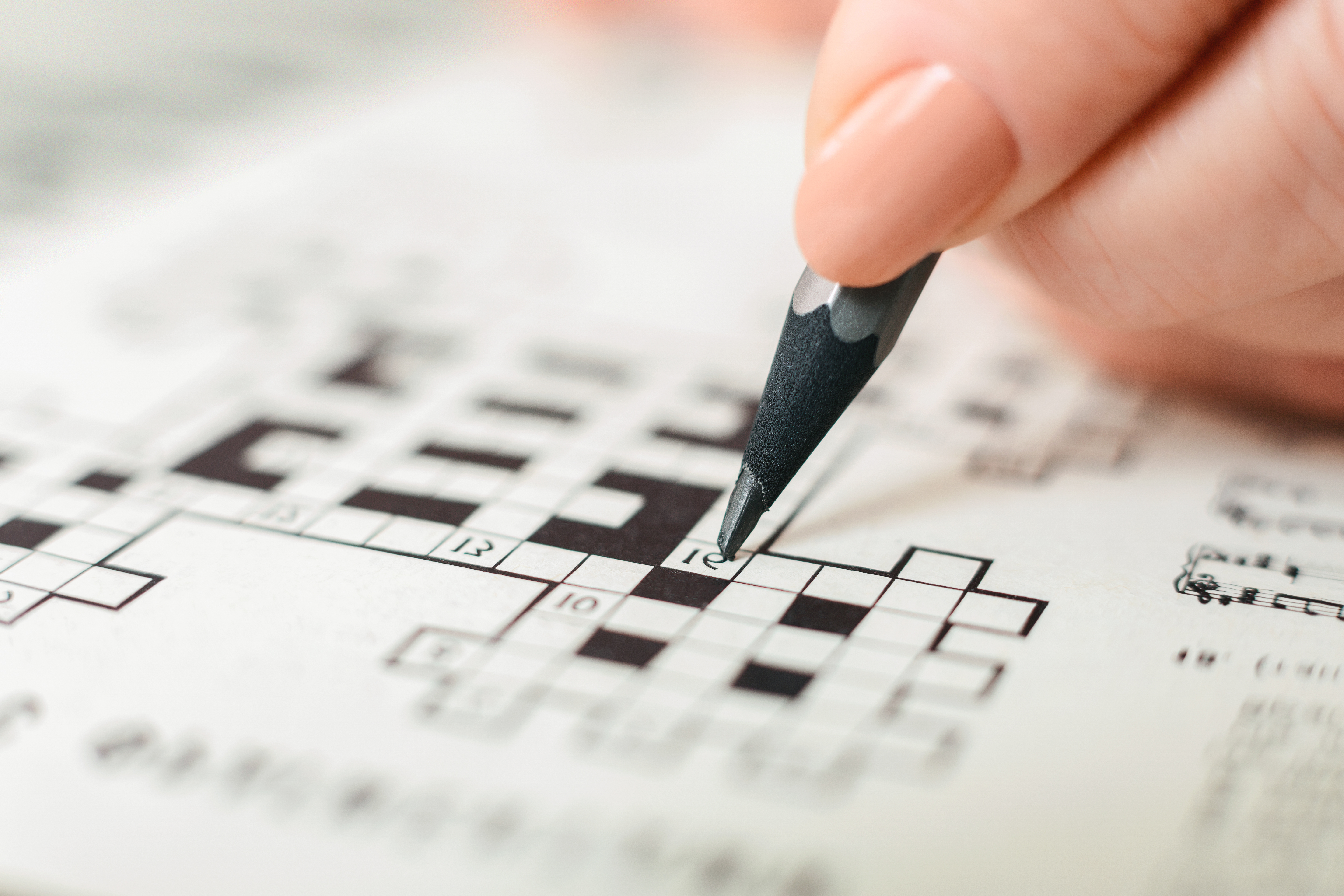
Crossword puzzles are more than a vocabulary test; they're a dynamic interplay of semantic memory,pattern recognition,and lateral thinking.Solving clues,especially cryptic ones,forces your brain to access diverse knowledge areas and make novel connections.This mental searching and retrieval process strengthens neural networks,improving verbal fluency and the ability to articulate thoughts.Regularly engaging with crosswords can even help build cognitive reserve,providing a buffer against age-related memory changes.Try themed puzzles or collaborative solving with friends for an added social and cognitive boost,turning wordplay into a powerful brain-sharpening habit.
Brain Exercise #3: Chess – The Strategic Mind Sculptor
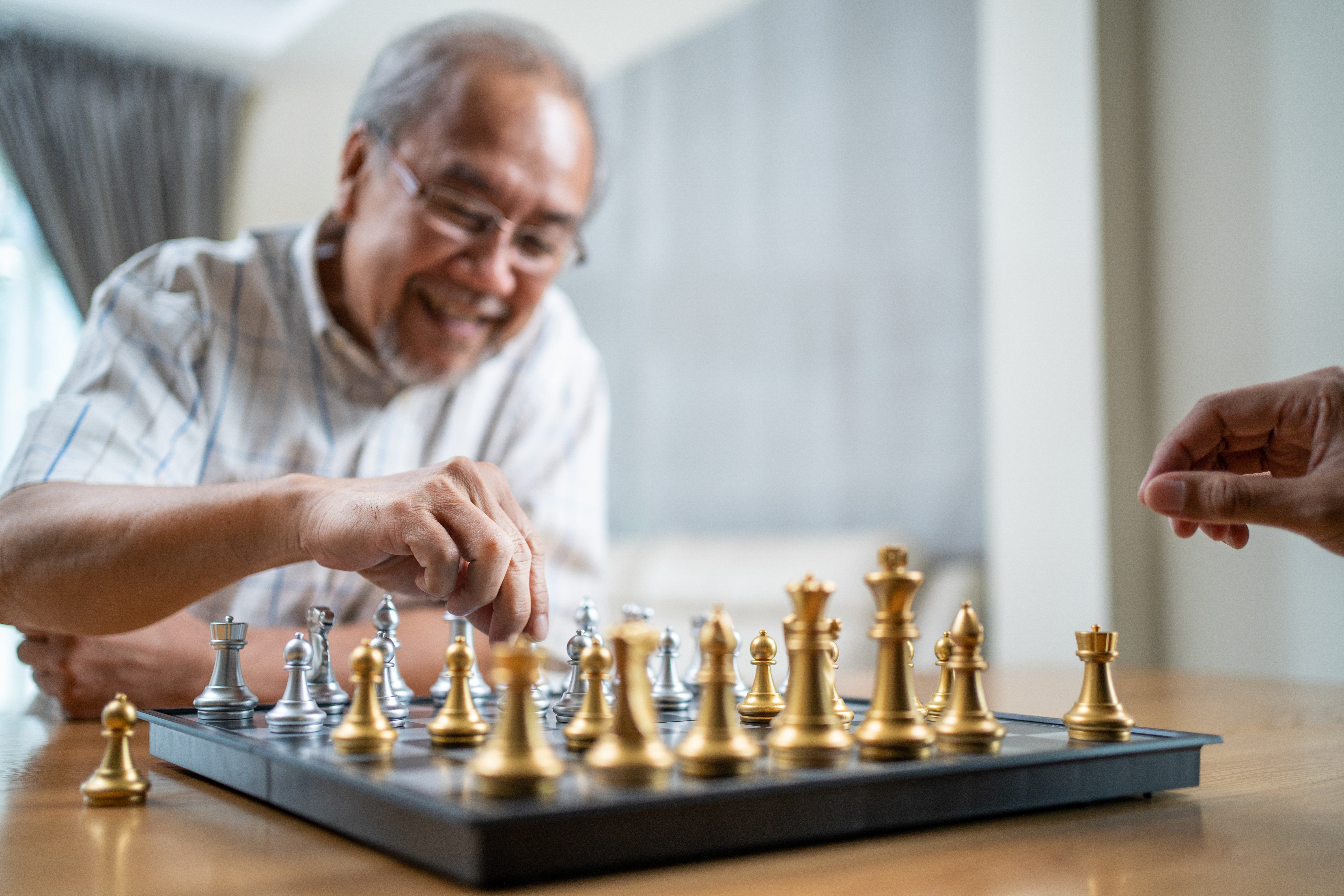
Chess isn't just a game; it's a comprehensive mental gymnasium demanding foresight, pattern recognition, and complex decision-making under pressure. Each move requires evaluating multiple future possibilities, enhancing your brain's planning and problem-solving centers. It also sharpens concentration and memory as you recall opponent strategies and potential counter-moves. For seniors, engaging in chess can stimulate neurogenesis—the creation of new neurons—and foster cognitive flexibility. Online platforms and local clubs offer accessible ways to play, making this ancient game a timeless tool for maintaining a tactically sharp and resilient mind.
Brain Exercise #4: Reading – Beyond the Page for Brain Agility
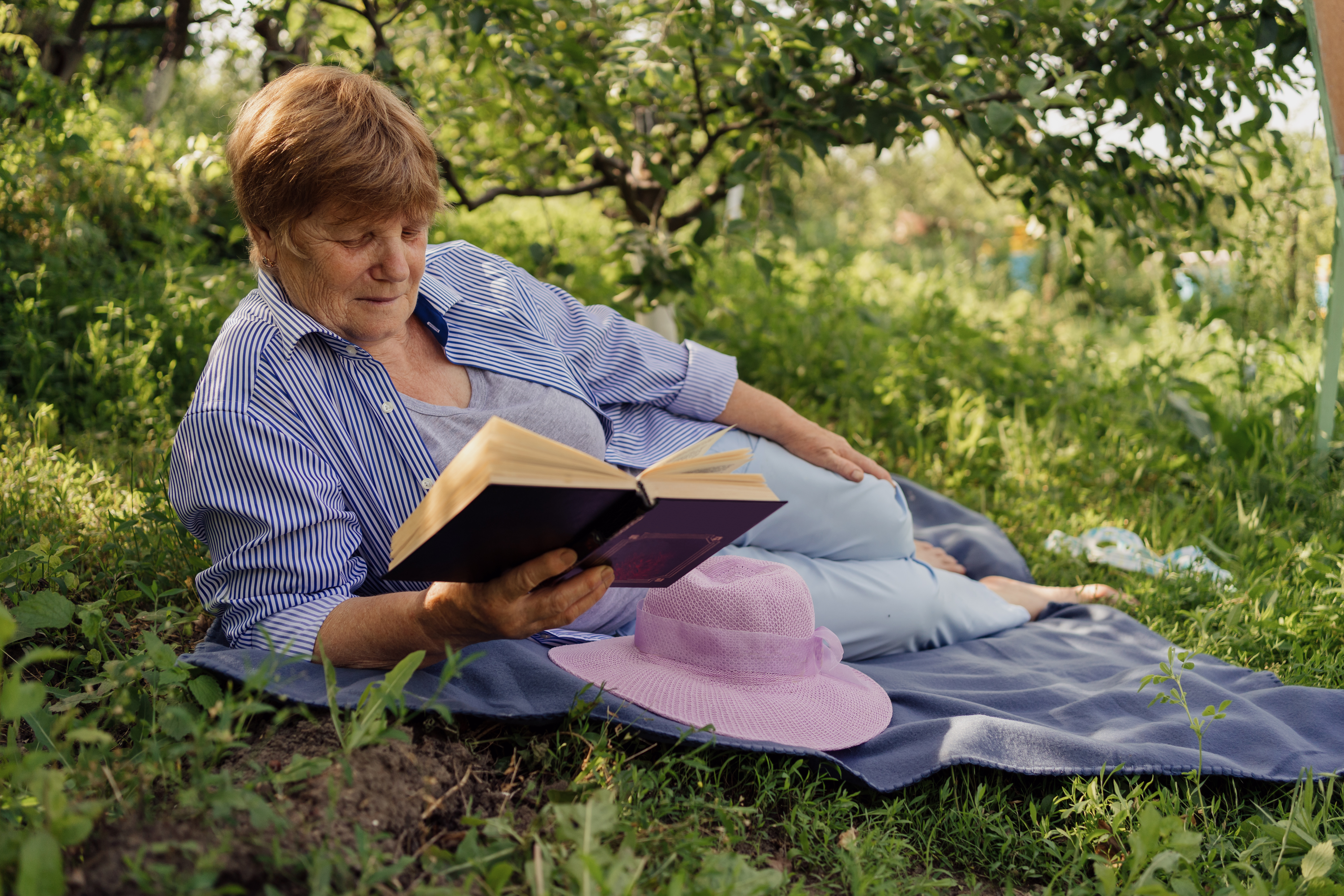
Reading isn't merely about absorbing words; it’s an active cognitive process that transports your brain.Immersing yourself in diverse genres—from intricate mysteries that challenge your deductive reasoning to historical fiction that expands your worldview—builds vocabulary,enhances comprehension,and strengthens memory circuits.Try reading aloud to engage auditory processing,or discuss books with a club to stimulate critical thinking and social cognition.The simple act of following a narrative,empathizing with characters,and visualizing settings keeps your brain dynamically engaged,proving that a good book is truly a workout for the mind.
Brain Exercise #5: Memory Games – Playful Pathways to Recall Power

Forget rote memorization; modern memory games offer engaging ways to boost your recall and sharpen focus,cleverly disguised as fun.Games like Concentration (matching pairs),"Simon Says" variations,or even apps that challenge sequential recall,actively exercise your working memory and attention span.Try a "memory palace" technique:associate items you need to remember with specific locations in a familiar place.This visual-spatial strategy transforms abstract information into vivid mental images,making recall more robust.These playful challenges make strengthening your memory an enjoyable and effective daily habit,proving that brain fitness can be all fun and games.
Brain Exercise #6: Learning a New Language – Your Brain's Passport to Plasticity

Embarking on a new language journey is like giving your brain a full cognitive renovation.It challenges every aspect of your mind,from memory (new vocabulary and grammar rules) and auditory processing to problem-solving and pattern recognition.This sustained mental effort promotes neuroplasticity—the brain's ability to form new connections—enhancing cognitive reserve and potentially delaying age-related cognitive decline.Focus on conversational fluency over perfection; apps like Duolingo,local classes,or language exchange partners offer low-pressure,engaging ways for seniors to expand their linguistic horizons and keep their brains wonderfully bilingual.
Brain Exercise #7: Engaging with Music – Harmonizing Your Mind

Music isn't just for enjoyment; it's a powerful tool for cognitive engagement.Actively listening to new or complex musical pieces—identifying instruments,following melodies,or even trying to predict chord changes—stimulates auditory processing,pattern recognition,and memory.Research suggests that music can evoke strong emotional responses and memories,activating widespread neural networks.Consider exploring genres outside your comfort zone or attending live performances.Even learning about music theory or the history behind compositions can turn passive listening into a dynamic brain-boosting activity,creating new harmonies in your neural pathways.
Brain Exercise #8: Creative Arts Engagement – Painting Your Way to a Sharper Mind

Unleashing your inner artist through painting,sculpting,pottery,or crafting offers profound cognitive benefits.These activities engage fine motor skills,visual-spatial processing,problem-solving (how to achieve a certain effect),and sustained attention.The act of creating something new fosters divergent thinking and can reduce stress,which is beneficial for overall brain health.You don’t need to be a Picasso; simply the process of experimenting with colors,textures,and forms provides a stimulating mental workout.Join a local class or start a simple project at home to paint your way to a more vibrant mind.
Brain Exercise #9: Yoga & Mindful Meditation – Balancing Body, Calming Mind

Yoga and meditation are not just for flexibility and stress relief; they are potent cognitive enhancers. The focused attention required in meditation strengthens your prefrontal cortex, improving concentration, emotional regulation, and self-awareness. Yoga combines this mindfulness with physical postures that enhance body awareness (proprioception) and balance, both linked to cognitive health. Even short, daily practices can reduce brain fog and improve working memory. Try guided meditations or gentle yoga routines designed for seniors to cultivate a calm, clear, and resilient mind, proving that inner peace contributes to outer sharpness.
Brain Exercise #10: Gardening – Cultivating Cognitive Growth, One Plant at a Time
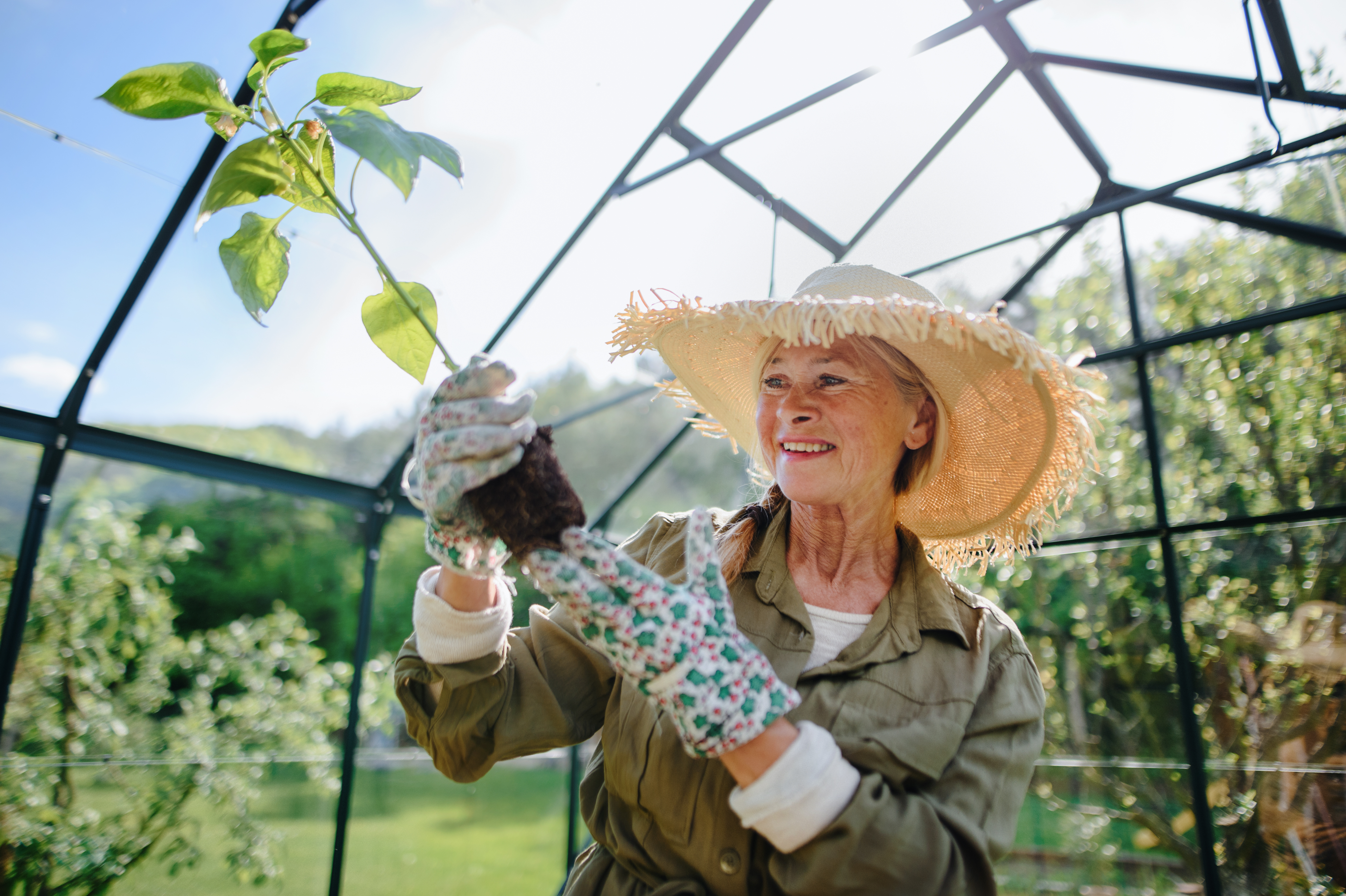
Gardening is a surprisingly complex and rewarding brain exercise disguised as a soothing hobby. It involves planning (layout, planting times), problem-solving (pest control, soil issues), sensory engagement (touch, smell, sight), and physical activity. Remembering plant names, care requirements, and seasonal cycles exercises memory and learning. The mindful, repetitive tasks can be meditative, reducing stress, while the satisfaction of nurturing life boosts mood. Whether it's a window box or a full vegetable patch, gardening cultivates not just plants, but also a healthier, more engaged brain.
Brain Exercise #11: Strategic Use of Virtual Brain Training Apps

While not a magic bullet, select brain training apps can offer targeted exercises for specific cognitive skills like processing speed, attention, and working memory, especially when used strategically. The key is to choose apps that offer variety, adapt to your performance level, and ideally, whose exercises have some research backing. Go beyond simple matching games; look for apps that simulate real-world problem-solving or require complex decision-making. Used as a supplement to other enriching activities, these digital tools can provide a novel and engaging way to challenge your mind and track your progress.
Brain Exercise #12: Immersive Storytelling & Guided Reminiscence

Tap into the brain’s powerful narrative networks through active storytelling or guided reminiscence. Recounting detailed life events or even co-creating fictional tales with others strengthens memory retrieval, verbal fluency, and sequential thinking. Guided reminiscence, perhaps using old photographs or music as prompts, can unlock vivid memories and emotions, reinforcing neural connections. This isn't just nostalgia; it’s an active cognitive process that validates experiences and enhances self-awareness, proving that your personal history is a rich resource for ongoing brain stimulation and emotional well-being.
Brain Exercise #13: Actively Learning a Musical Instrument
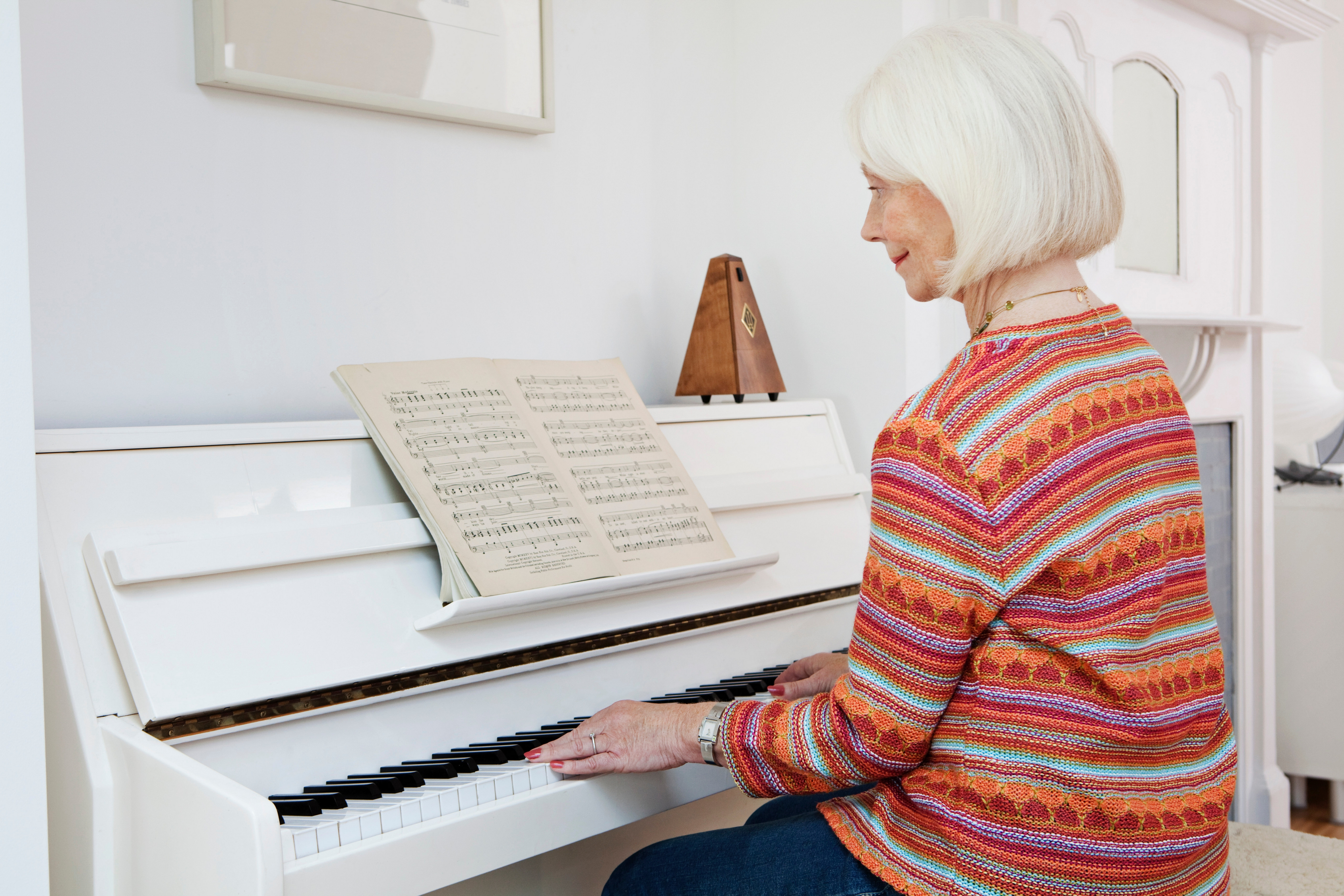
Taking up a musical instrument, or revisiting one from your youth, is a multi-layered brain booster. This dynamic activity integrates sensory input (hearing notes, feeling keys/strings) with fine motor control and the cognitive demands of reading music and understanding rhythm. It’s a true full-brain workout, enhancing memory, concentration, and hand-eye coordination. The challenge of learning new pieces builds neuroplasticity, creating new pathways and delaying cognitive decline. From the ukulele’s gentle strum to the piano’s rich chords, making music actively shapes a more resilient and agile mind.
Brain Exercise #14: Conquering Complex Jigsaw & 3D Puzzles

Elevate your puzzle game beyond simple jigsaws to complex designs or even 3D mechanical puzzles. These activities demand intense visual-spatial reasoning, forcing your brain to manipulate shapes mentally and anticipate how pieces fit. They enhance short-term visual memory, pattern recognition, and sustained focus, often for hours. The trial-and-error process involved in these more intricate puzzles also builds problem-solving skills and patience. Successfully completing a challenging puzzle delivers a significant dopamine boost, reinforcing the satisfaction of persistent mental effort and tangible accomplishment.
Brain Exercise #15: Mastering Strategic Social Games (Bridge, Canasta, Mahjong)
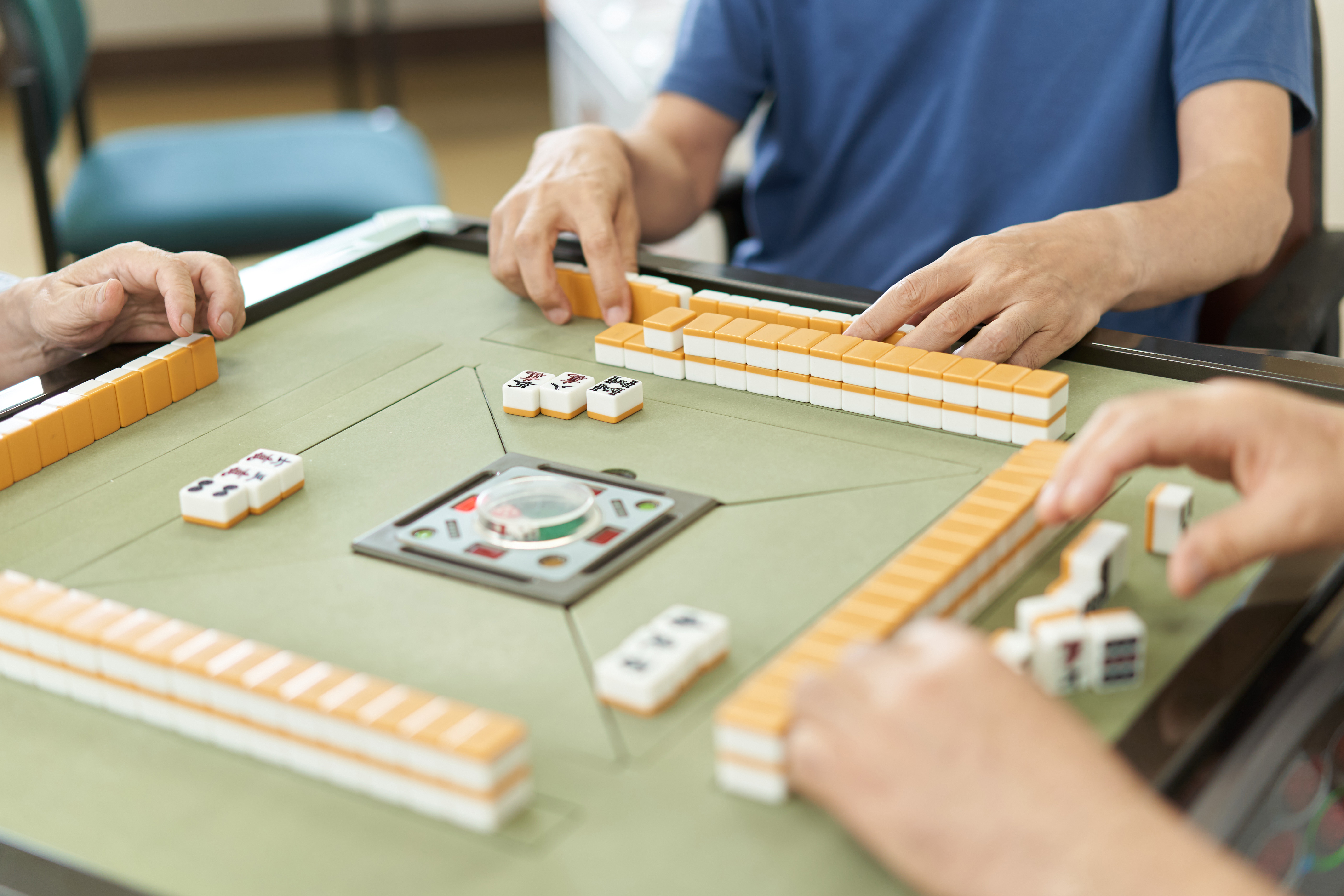
Engage in complex social games like Bridge, Canasta, or Mahjong for a powerful cognitive and social workout. These games require more than luck; they demand sharp memory (tracking cards played, opponents’ tendencies), strategic planning, logical deduction, and quick adaptation. The social interaction inherent in these games adds another layer of brain benefit, keeping communication skills sharp and providing emotional connection. Regular play can significantly enhance executive functions and working memory, offering a stimulating and enjoyable way to keep your mind strategically fit and socially engaged.
Brain Exercise #16: The Art of Expressive Writing & Poetry

Dive into expressive writing, such as crafting poetry, penning a memoir, or even composing thoughtful letters. This creative outlet goes beyond simple journaling by challenging you to find novel ways to articulate complex emotions and ideas, enhancing linguistic dexterity and abstract thinking. Experimenting with metaphors, rhythm, and structure in poetry, or weaving a compelling narrative in a memoir, flexes cognitive muscles related to creativity, organization, and emotional intelligence. It’s a deeply personal way to process experiences while giving your brain an invigorating and artistic workout.
Brain Exercise #17: Choreographed Dance & Movement Therapy

Engage in dance forms that involve learning sequences and spatial awareness, like Tai Chi, ballroom, or even structured movement therapy classes. The combination of physical activity with the cognitive demands of remembering steps, coordinating with music or a partner, and navigating space provides a holistic brain boost. This improves proprioception (your sense of body position), balance, processing speed, and executive functions. Plus, the joy of movement and often social nature of dance makes it a highly engaging and sustainable brain-healthy activity.
Brain Exercise #18: Global Culinary Adventures (from Your Kitchen!)

Transform cooking from a routine task into a brain-stimulating adventure by exploring complex recipes from unfamiliar global cuisines. This involves researching new ingredients (expanding knowledge), mastering different cooking techniques (procedural learning), and precise planning and sequencing of steps. The sensory richness—new smells, tastes, textures—also creates strong new neural pathways. Adapting recipes or troubleshooting challenges further hones problem-solving skills. Each successfully created dish is not just a meal, but a testament to your brain's ability to learn, adapt, and create.
Brain Exercise #19: Purposeful Volunteering & Skill-Sharing Mentorship

Leverage your life experience through purposeful volunteering or mentoring, offering a dynamic cognitive challenge with profound social benefits. These roles often require learning new systems or information, adapting your communication style, solving unexpected problems, and recalling relevant knowledge to guide others. This sense of purpose and active community engagement is strongly linked to better cognitive health and longevity. You’re not just giving back; you're actively engaging and strengthening your brain by teaching, leading, and connecting in meaningful ways.
Brain Exercise #20: Citizen Science & Nature Observation Projects

Become a citizen scientist by participating in local nature observation projects, like bird counts (e.g., Audubon's Christmas Bird Count), plant identification initiatives, or weather tracking. These activities demand keen observation skills, data collection, pattern recognition, and often, learning new classification systems. Contributing your findings to real scientific research provides a sense of purpose and engagement with the natural world. It's a fantastic way to combine outdoor activity with structured learning and detailed observation, keeping your mind sharp, curious, and scientifically engaged.
Brain Exercise #21: Structured Debate & Philosophical Discussion Salons
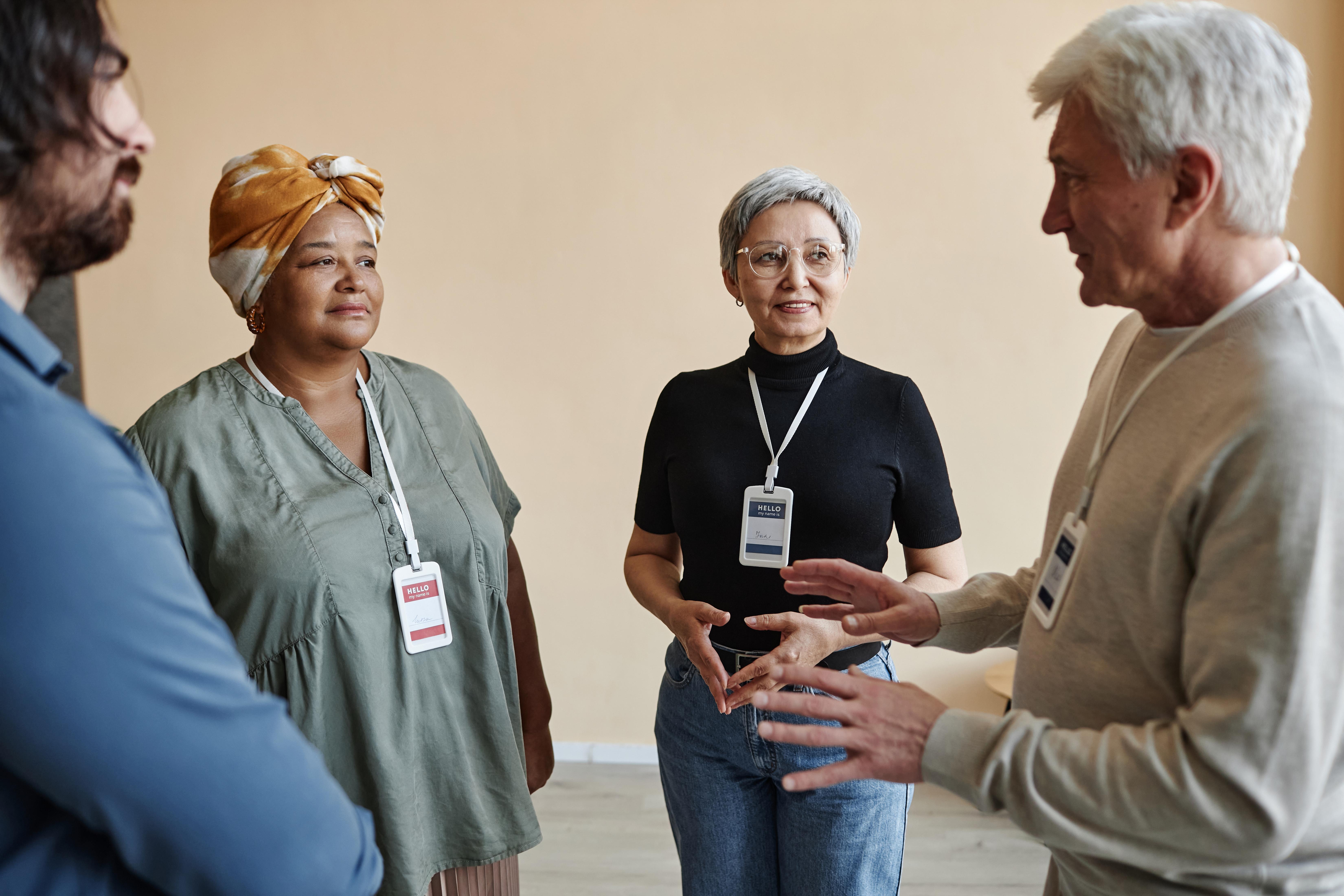
Join or form a group dedicated to structured debate or philosophical discussions on stimulating topics. This isn't just casual chat; it involves researching subjects, forming cogent arguments, practicing active listening to understand opposing views, and articulating your points persuasively and respectfully. Such engagement hones critical thinking, logical reasoning, verbal fluency, and the ability to process complex information quickly. Regularly exercising these higher-order thinking skills in a supportive social setting is a powerful way to maintain intellectual vitality and mental agility.
Your Mind's Brilliance: A Lifelong Journey of Growth

As we conclude this exploration of 21 dynamic brain exercises, it's clear that the journey to sustained cognitive vitality is not only possible but can also be incredibly enriching and enjoyable. From the strategic depths of chess and the creative flow of art therapy to the social spark of debate groups and the quiet focus of gardening, each activity offers a unique pathway to a sharper, more resilient mind. Remember, your brain thrives on novelty, challenge, and connection. By incorporating these diverse exercises into your daily life, you're not just passing time; you're actively investing in your mental acuity, fostering neuroplasticity, and empowering yourself to live a more engaged, curious, and fulfilling life at any age. Embrace these tools, keep learning, and let your magnificent mind continue to flourish.
